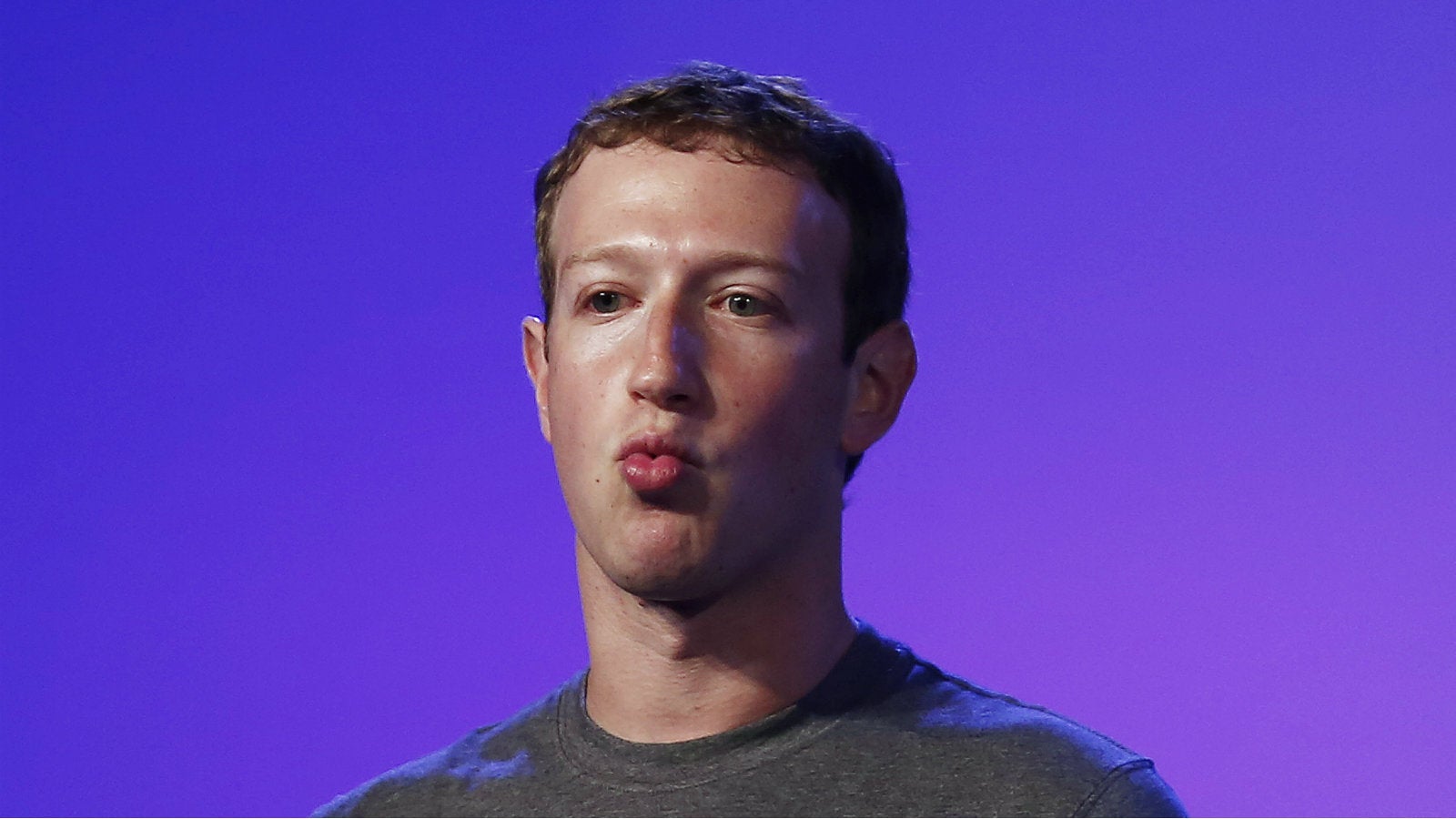Sorry Facebook: India has decided to remain a land of free and open internet
The Telecom Regulatory Authority of India (TRAI) today barred differential pricing for internet services in the country, sealing a months-long debate in favour of net neutrality.


The Telecom Regulatory Authority of India (TRAI) today barred differential pricing for internet services in the country, sealing a months-long debate in favour of net neutrality.
This is a major jolt for social networking giant Facebook, which has been aggressively lobbying for Free Basics in Asia’s third-largest economy.
“While formulating the regulations, the authority has largely been guided by the principles of net neutrality seeking to ensure that consumers get unhindered and non-discriminatory access to the internet,” TRAI said in an official notification titled ‘Prohibition of Discriminatory Tariffs for Data Services Regulations, 2016’ (pdf) on Feb. 08.
“These regulations intend to make data tariffs for access to the internet to be content agnostic.”
TRAI’s decision follows up on a public consultation paper it had floated in December 2015 asking all stakeholders, including the general public, whether service providers should be allowed to charge differential tariffs based on websites or apps being accessed. The regulator had received an “overwhelming number” of responses on the paper.
A timeline
For a few years now, Indian telecom majors have been lobbying for regulation of over-the-top services, such as WhatsApp or Skype. In March 2015, TRAI published a document called “Consultation Paper on Regulatory Framework for over-the-top services,” after which the net neutrality debate picked up pace in the country.
In April 2015, Airtel launched its zero-rated platform Airtel Zero, which allowed customers to access certain apps for free. Eventually, though, Airtel Zero never took off because it was ripped apart by net neutrality activists for trying to split the fair and open internet in India. Many partner companies such as Flipkart openly disassociated themselves from the platform following criticism.
Facebook, on its part, launched its free but limited internet in August 2013. Available only to Reliance Communications customers in India, Free Basics has been on hold since December 2015 following a TRAI order. In the past few months, Facebook had even unleashed a print media blitzkrieg to back its assertion that Free Basics was an initiative to help poor Indians gain access to the Internet.
The backlash
But Facebook, and India’s other mighty telecom providers, could not win against the massive fight put up by net neutrality activists.
Referring to TRAI’s ban on differential pricing, Mishi Choudhary, executive director, Software Freedom Law Center, said, “We are delighted by the regulator’s recognition of the irreversible damage that stands to be done to the open internet by allowing differential pricing. The internet is no more and no less than a ‘dumb pipe’ delivering data to and from its users. Differential pricing runs counter to this fundamental premise, which has had no small role to play in the internet’s explosive growth.”
Choudhary’s statement added, ”In this context, TRAI’s latest regulations are a big step in the right direction, and secure India a position amongst the select few nations to have accorded legislative respect for the principle of network neutrality.”
The only exclusion to this ban by TRAI would be if a service provider reduces tariffs for a service during the time of public emergencies such as floods or earthquakes.
On Twitter, TRAI’s move was largely lauded by entrepreneurs, lawyers and politicians, even though a section expressed disappointment.